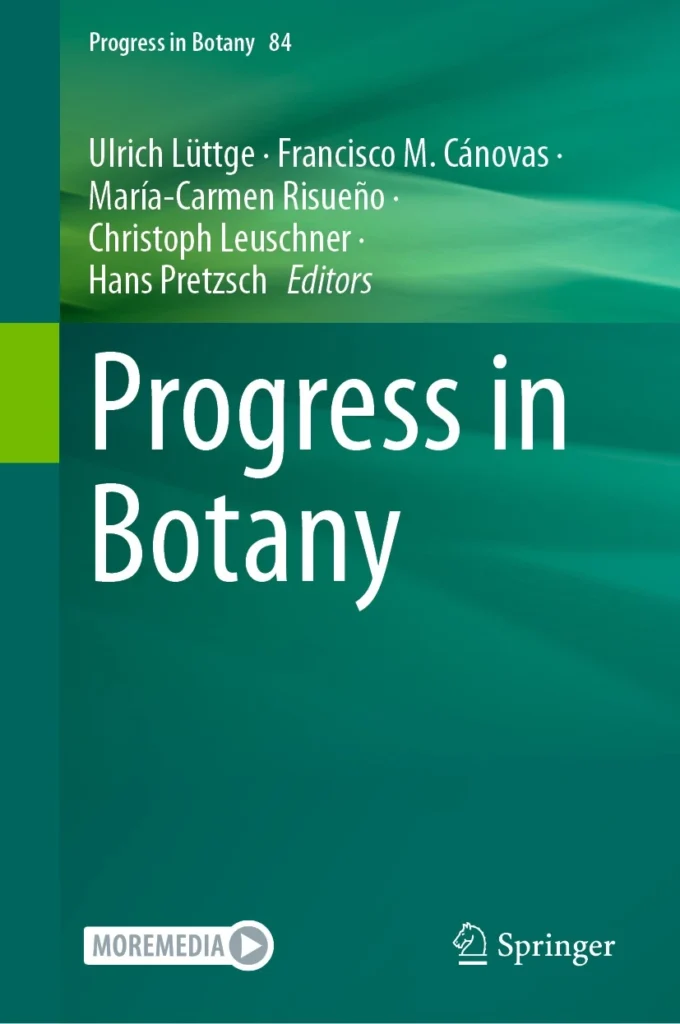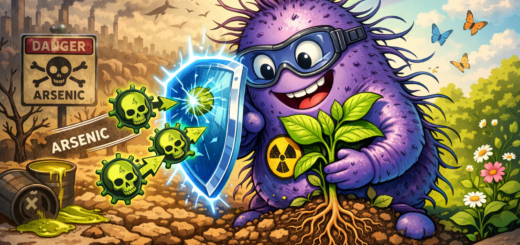Abiotic stress responses

We are very happy to see our latest book chapter on plant hormone crosstalk under abiotic stress conditions finally printed in Progress in Botany, edited by Ulrich Lüttge, Francisco M. Cánovas, María-Carmen Risueño, Christof Leuschner
González Ortega-Villaizán, A. et al. 2024
Synopsis: Plants are constantly challenged by a wide range of adverse conditions in their ever-changing environment. Abiotic stresses, including drought, heat, cold, and salinity, are among the main stress cues that negatively affect plant growth, development, and productivity. To survive, plants use a sophisticated network of phytohormones to integrate signals from their environment and adapt their developmental processes according to the prevailing conditions. Plant hormones are pivotal as they drive secondary plant biological processes, controlling not only adequate stress responses, but also adjust plant growth, development, and metabolism. The different plant hormones can interact additively, synergistically, or antagonistically. These interactions create a delicate and dynamic regulatory framework whose net output is largely dependent on the combined action of the participating plant hormones rather than on the isolated activities of the individual phytohormones. In this work, we discuss the crosstalk of abscisic acid (ABA) with some of the major plant hormones in controlling plant responses to abiotic stress conditions.


